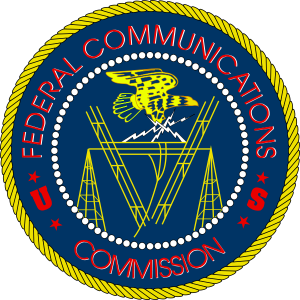 The Federal Communications Commission (FCC) looks to review and revise the way it responds to mergers in the wireless industry. The Chairman, Julius Genachowski, believes that the FCC and his fellow commissioners must take a good look at the FCC’s current policy of responding to mergers, which involves different rules for different mergers, and is taken on a case-by-case basis. The new system would contain a set of clear rules which would ensure that merger participants are well informed before they commit to a deal.
The Federal Communications Commission (FCC) looks to review and revise the way it responds to mergers in the wireless industry. The Chairman, Julius Genachowski, believes that the FCC and his fellow commissioners must take a good look at the FCC’s current policy of responding to mergers, which involves different rules for different mergers, and is taken on a case-by-case basis. The new system would contain a set of clear rules which would ensure that merger participants are well informed before they commit to a deal.
AT&T, whose $39 billion attempted takeover deal last year fell through, due to lack of Justice Department and FCC approval, welcomed the move, saying it was happy to see FCC in internal discussion about the issue. The AT&T spokesman made the following statement :
“AT&T has long advocated that the FCC should conduct its review of the spectrum screen in an industry-wide rulemaking where all can participate and a full factual record can be developed. We appreciate this important step, which should eliminate protracted battles about these issues in individual license transfer proceedings.”
The current FCC policy involves what is known as a “spectrum screen”, which they use to look at the wireless industry, including any deals involving purchase of spectrum. Any deals that violate the spectrum screen are scrutinized by the FCC. John Taylor, Spokesman for Sprint, made the following comment, before welcoming the new FCC move in a public statement :
“The current spectrum screen fails to distinguish between the utility of different spectrum bands for wireless broadband communications. We are pleased that the Commission plans to consider improvements to its spectrum aggregation regulations and we look forward to participating in these discussions.”
In the first line of his statement, Taylor was making a point. Low frequency spectrum can penetrate walls. Being a valuable piece of spectrum, this would mean that a different type of screen must be used to make sure that a company doesn’t monopolize the purchase of more valuable air waves.
The FCC is now expected to review their rules, before auctioning some broadcaster spectrum to companies later this year. The FCC was earlier authorized by the Congress to conduct the auction as part of the tax cut extension legislation, which was recently passed.